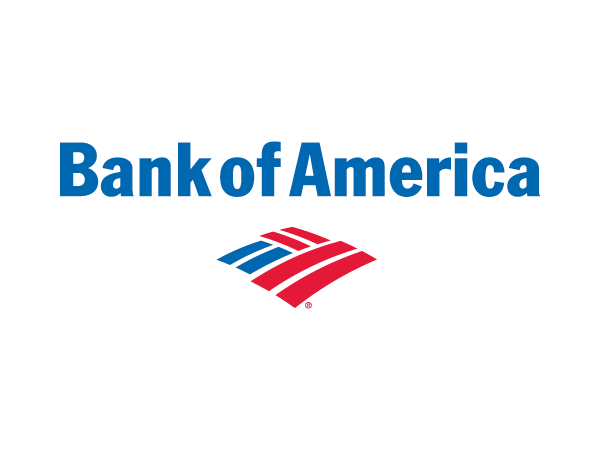
In a bank, there are various types of officers who hold different positions and responsibilities. Here are some common types of officers you might find in a bank:
Branch Manager: The branch manager is responsible for overseeing the overall operations of a specific bank branch. They manage staff, ensure customer satisfaction, monitor financial performance, and implement bank policies and procedures.
Loan Officer: Loan officers assess loan applications, evaluate creditworthiness, and make decisions regarding loan approvals. They work closely with customers to understand their financial needs, provide guidance, and process loan applications.
Relationship Manager: Relationship managers build and maintain relationships with high-net-worth individuals, corporate clients, or business owners. They offer personalized banking solutions, handle client inquiries, cross-sell bank products, and address customer concerns.
Credit Officer: Credit officers analyze creditworthiness, review loan applications, and make recommendations for credit approvals or denials. They assess the financial background, repayment capacity, and collateral value to determine the risk associated with extending credit.
Operations Officer: Operations officers handle various operational aspects of a bank, such as managing cash transactions, overseeing account openings and closures, handling customer inquiries, and ensuring compliance with banking regulations.
Compliance Officer: Compliance officers ensure that the bank follows all relevant laws, regulations, and internal policies. They monitor activities to prevent money laundering, fraud, and other financial crimes, conduct internal audits, and educate employees about compliance issues.
Risk Officer: Risk officers identify, assess, and manage risks within the bank. They develop risk management strategies, implement policies and procedures to mitigate risks, monitor market conditions, and maintain regulatory compliance.
Investment Officer: Investment officers provide investment advice to clients, manage investment portfolios, and execute investment transactions. They analyze market trends, assess risk profiles, and offer suitable investment options based on clients’ financial goals.
Treasury Officer: Treasury officers manage the bank’s treasury functions, including liquidity management, cash flow forecasting, and investment decisions. They monitor market conditions, analyze financial data, and execute transactions in the money and capital markets.
Marketing Officer: Marketing officers develop and implement marketing strategies to promote the bank’s products and services. They conduct market research, create advertising campaigns, manage social media presence, and organize promotional events.
These are just a few examples of officer roles in a bank, and the specific titles and responsibilities may vary depending on the bank’s size, structure, and specialization.
NOTE: Share the above article




